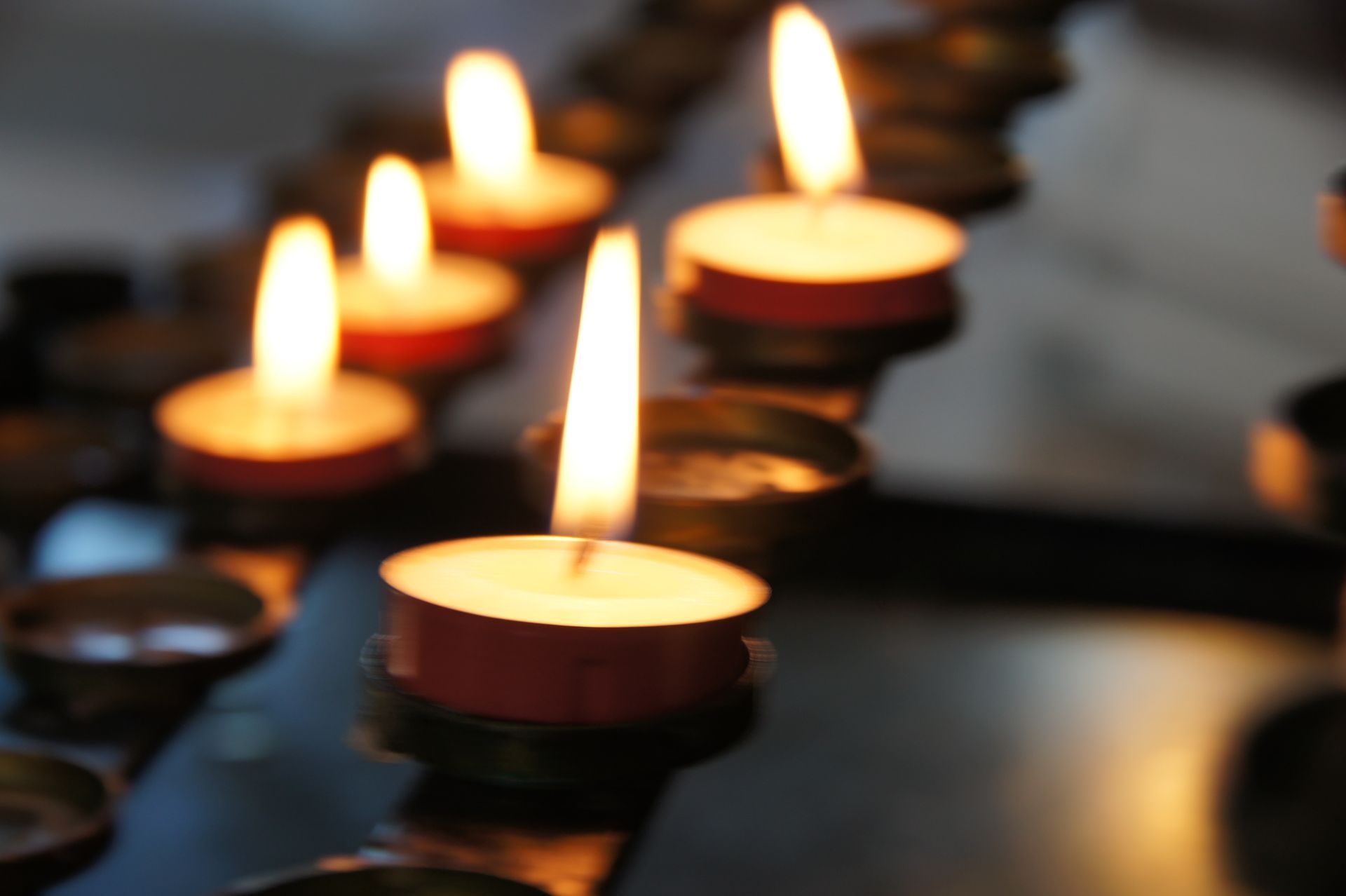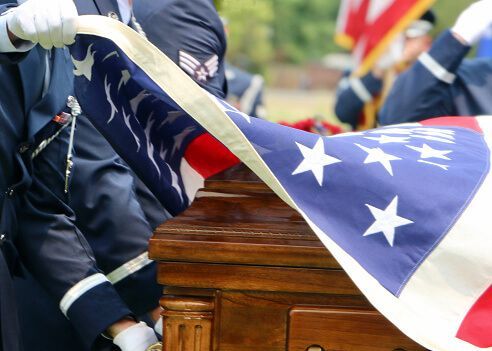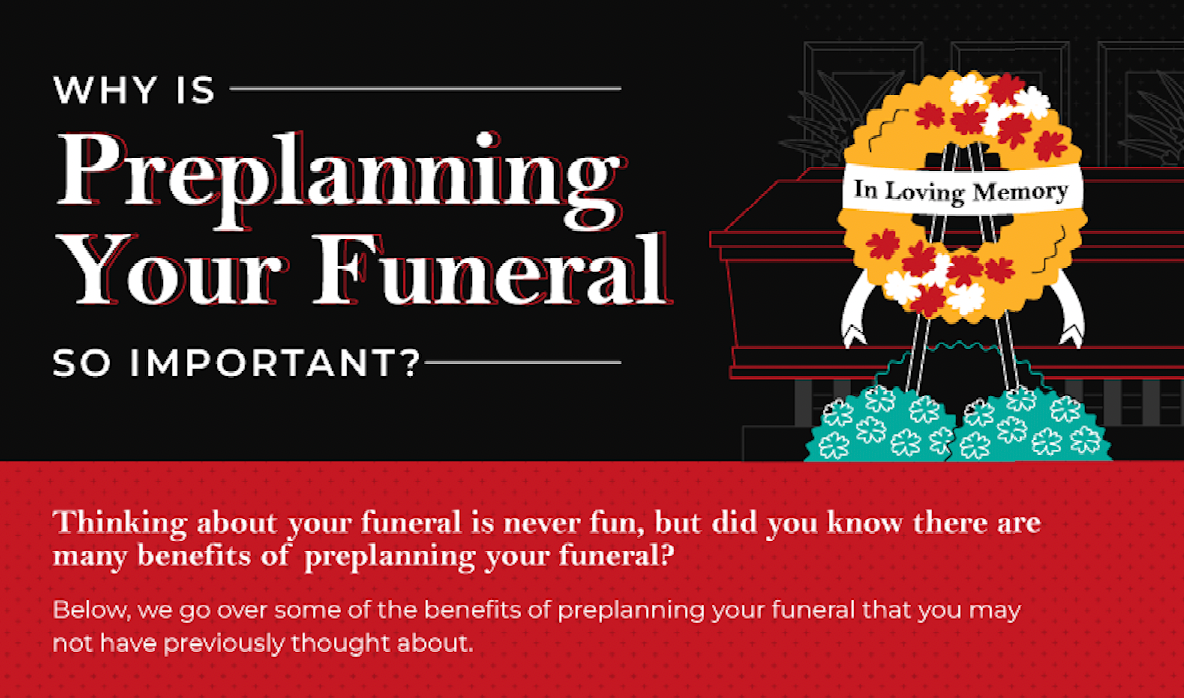At-Need Funeral Planning
Losing a loved one is never easy, and planning funeral arrangements while dealing with the grief can be overwhelming on top of all the other emotions you might be feeling. A million questions might start to swirl around in your head—Who should you call? What type of service should you have? What if nothing was taken care of ahead of time?
During this time, you’ll need to contact a funeral home and focus on at-need funeral planning. But what exactly is it?
What Is At-Need Funeral Planning?
At-need funeral planning, otherwise known as immediate need, occurs either at the “time of need” or after a death has already happened. These at-need services are offered to families that do not have any pre-arranged plans. For many, this occurs in the case of a sudden or unexpected death or a short-term medical diagnosis; however, that is not always the case.
What Is the Difference Between At-Need and Pre-Need Funeral Planning?
When dealing with the loss of a loved one, you might hear the terms at-need or pre-need, but what is the difference between the two?
Simply put, surviving immediate family make at-need arrangements after a death has occurred. Pre-need consists of someone planning their own funeral arrangements while still living, and taking care of all decisions and payments so that their family does not have to take care of it while grieving.
What Should You Do After Losing a Loved One?
The following days after a loved one has passed can seem like a whirlwind. There are many steps that need to be taken and decisions that need to be made to ensure all necessary arrangements are in place. At the same time, you want those arrangements to be a meaningful farewell for your loved one. So, what should you do and when?
Within hours after they’ve passed:
If they were at home or work, contact emergency personnel or their physician if they were under medical care. If no one was present at the time of death, the police will also need to be notified before the deceased is moved to another location. If the death occurred in a hospital, care facility, or hospice program, someone on the staff will contact both you and the proper authorities. If you provided the name of a funeral home, they will contact them as well.
The next steps include registration of the death as well as processing proper documentation. The professionals you’ve been in contact with will be able to guide you through the correct procedures. However, if you’re unsure who you should contact or notify, reach out to the funeral home of your choosing, and they will be able to point you in the right direction.
Within the first few days of their passing:
After you've taken care of the initial necessary arrangements, you’ll want to notify friends and relatives of the death. This step can be extremely difficult for some, and many choose to have a trusted friend, or another family member make these calls.
While this is taken care of, you should also look into if your loved one made any pre-arranged plans or had any wishes for their services, which can be discussed with the chosen funeral home. You’ll also want to write a death notice or obituary so that others in the community are notified of the death as well.
If there aren’t any prearrangements, you’ll want to consider some of the following:
- Should you choose embalming?
- Does a casket need to be purchased?
- Should your loved one’s remains be cared for through burial or cremation?
If you’re feeling overwhelmed, think of the process in two stages: decisions about the service/ how to honor your loved one, and how you’d like to care for their physical remains.
When designing the service:
If you’re not sure what kind of funeral or memorial you should plan, first consider if you’d like to include the services of a clergy member or spiritual leader. This will help determine the kind of service and what is needed.
Keep in mind that the most important thing is honoring your loved one. For many, the services are the first step of the healing journey. It can be as formal, informal, traditional, or untraditional as you’d like. They can take place in any setting and can incorporate any aspects you’d prefer, i.e., art, photos, music, and so on.
When taking care of their remains:
Know that this can be the most emotional step for many. Whether you choose a formal burial or cremation, several decisions must be made to ensure your loved one's remains are taken care of in the way you prefer.
At Lee Funeral Homes, we understand that planning a funeral while grieving your loved one can be a difficult experience. The emotions are high, and the timeframe feels short while you’re trying to cope with loss. Meanwhile, financial concerns can add more stress to the whole situation.
From making arrangements to bring your loved one into our care to arranging times for your family to come to the funeral home and starting planning, we’re here to help you during this difficult time. Whether it’s immediate need or pre-planning, our staff is prepared to assist those in Clinton, MD and Owings, MD. Contact us today!












